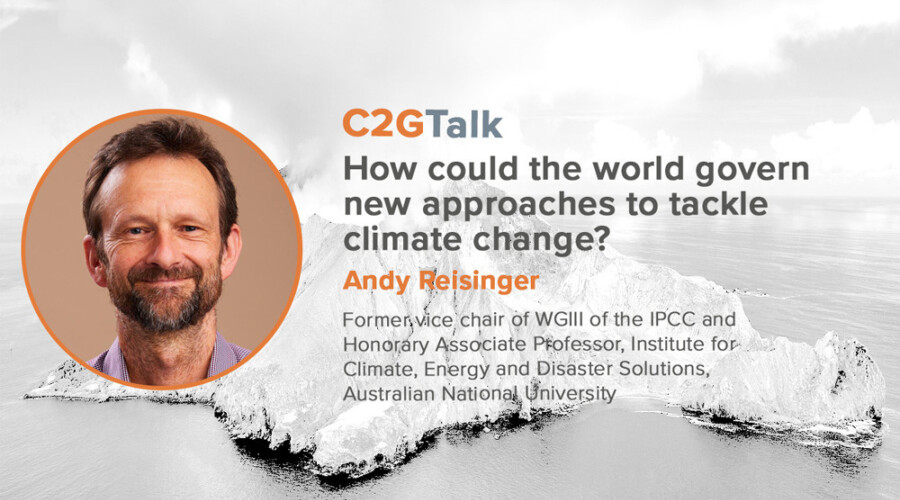In 2021 the Saami Council effectively stopped Harvard University's Stratospheric Controlled Perturbation Experiment (SCoPEx), which aimed to examine the behavior of stratospheric aerosols which could potentially be used to reflect back a portion of incoming sunlight to reduce global warming. In a C2GTalk, Åsa Larsson Blind, vice-president of the Saami Council, explains why she was in opposition, and underlines the importance of including indigenous people in climate governance.
Åsa Larsson Blind has been a member of the Saami Council since 2008 and was elected president in the period 2017-2019. She was the first woman elected chair of the National Sámi Association in Sweden 2019-2021, where she also was a board member in 2007-2011. Larsson Blind has been a member of the board of the Indigenous Peoples Secretariat under the Arctic Council and has many years of experience working in Sámi organizations, She lives in Övre Soppero in the Swedish part of Sápmi, is part of a reindeer herding family, and holds an MSc in human resources management and development.
For more, please go to C2G's website.





